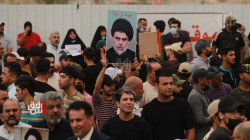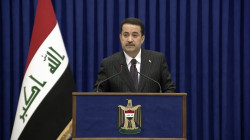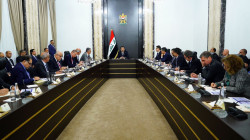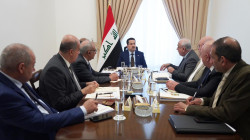Politico: al-Sudani thinks ISIS is gone, but Biden disagrees
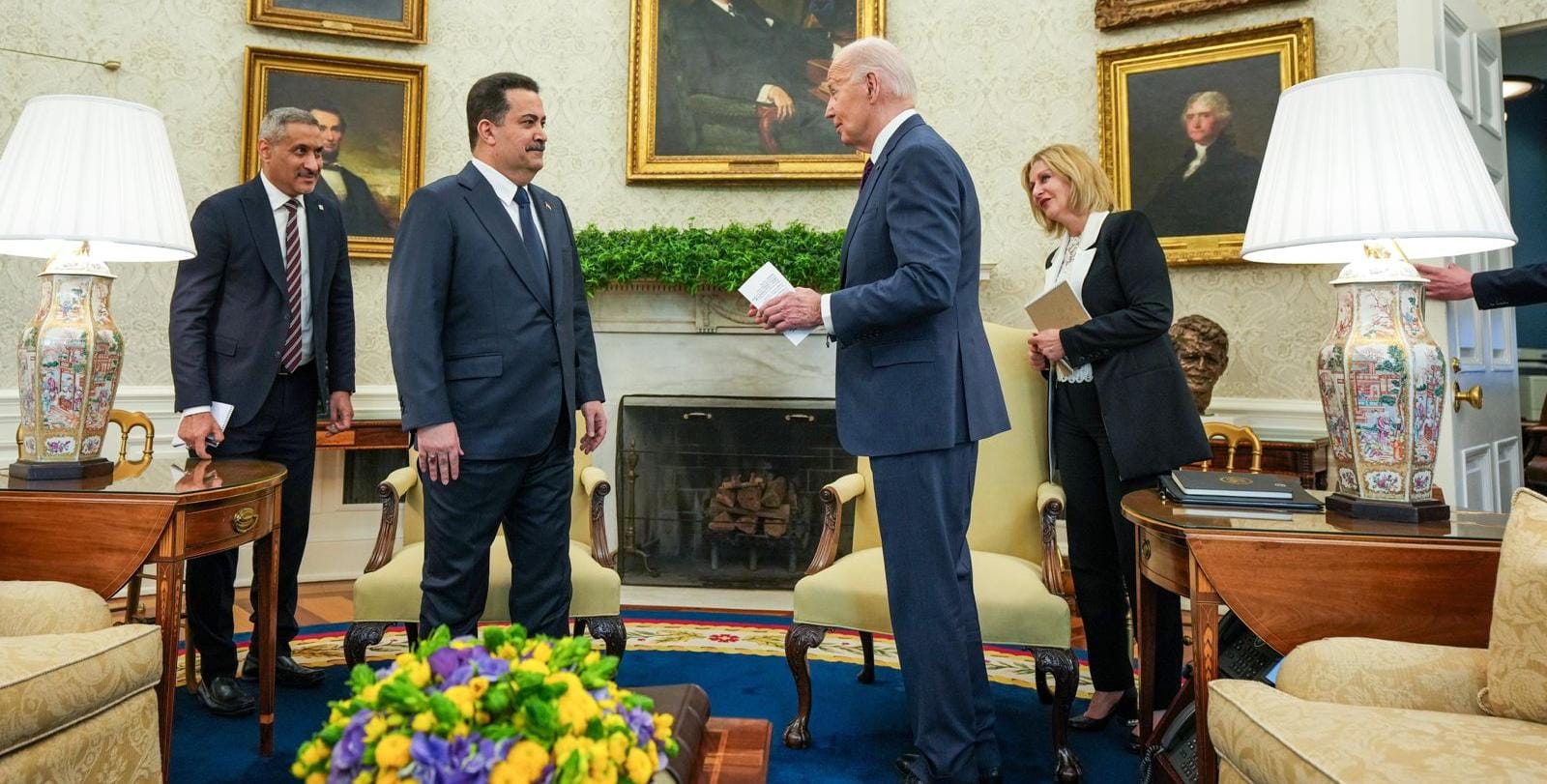
Shafaq News/ Iraqi Prime Minister Mohammad Shia al-Sudani has one overarching message for Washington this week: ISIS just isn’t the threat it was a decade ago — and the bilateral relationship needs to adapt as a result.
Speaking with journalists at the Willard Intercontinental Hotel in Washington on Tuesday, Al-Sudani emphasized that point multiple times when asked about the future of the U.S.-Iraq relationship.
“ISIS is not a threat now to Iraq and most of its members are now hiding in the mountains in caves in the Sahara Desert, and our security forces continue to track them down,” he said. As a result, Baghdad plans to “reevaluate the schedule of ending or tapering out the mission” of the U.S.-led military coalition.
The Biden administration disagrees.
The State Department said in a statement to NatSec Daily that while ISIS has been “territorially defeated in Iraq” as a result of the work of Iraq’s military and the global coalition, “ISIS continues to pose a real threat, although diminished, in Iraq and the wider region.”
The competing assessments of the Islamist group’s strength are not a distinction without a difference, but a real reflection of the daylight between Baghdad and Washington as both sides attempt to define the future of U.S. troops in the country and the fate of a highly-successful international coalition.
The Biden administration has clear interests in maintaining troop presence in Iraq: They help prevent a possible resurgence of ISIS in the region and counter Iran’s influence, a mission that only becomes more significant as war between Israel and Tehran seems increasingly possible.
The current global coalition force is composed of some 2,500 American troops and hundreds of service members from other European countries who are stationed in Iraq to help the country fight the Islamic State.
Al-Sudani’s comments appear to mark a shift in his thoughts on the presence of U.S. troops in his country. Three months ago, POLITICO reported that the prime minister privately said he wants U.S. forces to stay in Iraq, although he previously announced that he would start the process of removing them from the country.
Al-Sudani’s comments also appear to represent a sizable shift in the Iraqi position on ISIS. Loyal NatSec Daily readers will remember that Iraqi Foreign Minister Fuad Hussein said as recently as last month ISIS is resurging: “They reached Moscow, so that means they can reach anywhere,” he said following ISIS-K’s deadly attack in Russia last month, warning that more offshoots could be created.
There’s also a bipartisan worry that ISIS could return in the future. Rep. Don Bacon told NatSec Daily that he’s “glad they’re not the threat they once posed to Iraq” but “there’s still a network and they can revive pretty quickly if conditions are right.”
Andrew Cote, a former Marine and senior defense official in the Trump administration, warns that ISIS is incredibly adaptable.
“As we saw with the evolution of the Islamic state, they can take multiple forms and continue to adapt to porous and deficient defensive organizational structure — whether that of the United States or her allies,” he told NatSec Daily.
